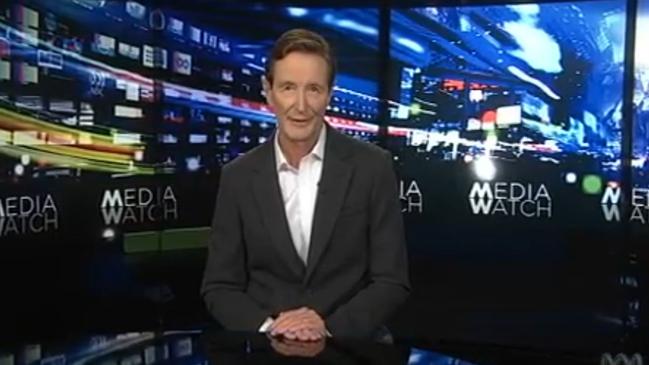
Yet Aunty needs only to look at its own radio current affairs programs since March to see how the national broadcaster has helped drive vaccine hesitancy.
Media Watch on July 19 pinged SkyNews’s Alan Jones and Sydney Federal independent Craig Kelly for a spectacular misreading of UK vaccination figures. Fair enough.
By Thursday Ben English, the editor of Sydney’s Daily Telegraph, had decided to drop Jones’ weekly column, but has anyone at Aunty looked at its own coverage, especially radio current affairs showpiece programs AM and The World Today?
As this column pointed out way back on March 22, the government was already worried then about the ABC’s coverage of rare blood clots in Europe after AstraZeneca vaccination: “Government ministers and health bureaucrats told this column they worry the relentless focus of ABC bulletins may have overheated concerns (about Astra) among the general public. There’s a thirst among left-wing demographics for endless stories about Coalition incompetence, but editors need to balance that with an eye on the national interest – and in Australia that is definitely a successful vaccination program.”
Even ABC health editor Norman Swan, to be fair a supporter of Astra who has said many times he was happy to have that vaccine, admitted to The Sydney Morning Herald in a piece by Michael Koziol on May 23, “Fair cop. I probably did cause some vaccine hesitancy.”
In a politically polarised media market place there is less room for balance and accuracy. The libertarian anti-lockdown right attacks the Morrison government for being too left-wing and insists – in the face of obvious real world evidence to the contrary – that there is no proof lockdowns work.
On the left, the ABC and Guardian Australia advocate for ever more stringent health measures and push for ever more federal financial support, ignoring our coming trillion dollar deficit.
Neither side acknowledges the obvious: on health and economic measures Australia has been the world’s best pandemic performer.
Ironically that is a factor in our slow vaccine rollout. The evidence from Sydney’s outbreak now and the last two in Melbourne suggests increasing risk of infection drives vaccination. The ABC seldom acknowledges high rates of vaccination in the US and UK following 628,000 and 130,000 deaths respectively and both countries still report tens of thousands of cases a day.
Yet it’s not just health complacency, right-wing anti-vax media opinion programs or left-wing, anti-Coalition news driving vaccine hesitancy. It is also the restrictive methodology used in providing medical advice on AstraZeneca by ATAGI (the Australian Technical Advisory Group on Immunisation). ATAGI last week finally reversed its own hesitancy on Astra for under 60s in the face of Sydney’s Covid reality.
Many journalists tried to imply ATAGI was backing down to pressure from the Prime Minister who first urged people under 60 to talk to their GP about an AstraZeneca vaccination back on June 28.
Labor-leaning journalists accused Morrison of “ignoring the health advice”. Morrison was, in fact, correct and should have gone harder.
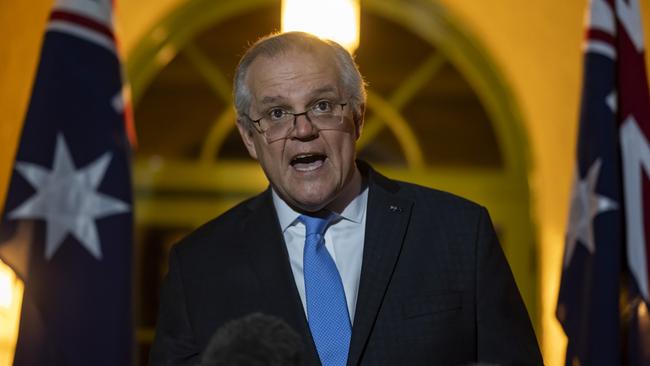
The best explanation of ATAGI’s position was published in The Australian Financial Review on Friday July 23 by US-based academics Matthew Lilley and Ashley Craig. They argued ATAGI was missing the point in relying solely on weighing the risk of rare AstraZeneca -linked blood clots for under 60s against the highly unlikely risk of dying of Covid.
Lilley and Craig argue vaccination is not simply to protect an individual. It produces wider benefits to society: “ATAGI’s approach is inconsistent with how societies approach the myriad situations where individual actions create benefits for others … When mandating lockdowns … the government does not argue it is personally beneficial for individuals … The argument … is based on benefits for society as a whole.”
It is this failure to consider the benefits of AstraZeneca for the wider community that has left Sydney in trouble.
This column last week suggested John Howard or Paul Keating would have challenged the original ATAGI advice, but they faced a less hysterical media. Imagine how the ABC or Guardian would have treated the first Astra-linked clotting death had Morrison overruled ATAGI. He would have been blamed personally. Yet the latest Sydney outbreak had claimed 13 lives by Thursday.
Remember, most of Australia’s 923 deaths have been in aged care and the evidence shows fully vaccinated residents this year have been able to survive infection. One 99 year old Melbourne woman was infected in late May but remained asymptomatic.
Clinical immunologist Professor Graeme Stewart in Thursday’s SMH wrote, “Australia’s dismally low vaccination coverage left us exposed … to the Delta strain.” Professor Stewart urged everyone to get vaccinated and suggested “what has been missing from the public discourse is that the risk of … clotting … can be reduced, possibly removed” by good medical treatment.
He warned many young people had already been infected in Sydney and between 10 and 30 per cent of them would develop “long Covid”.
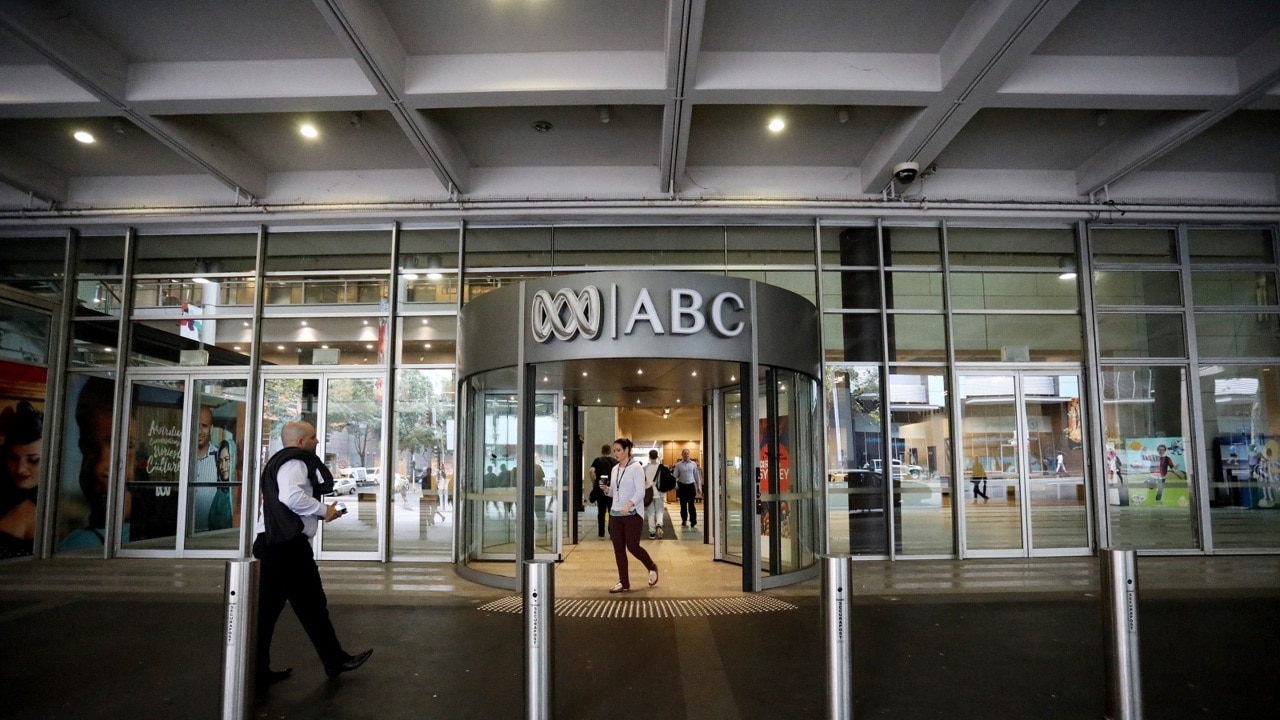
They would have been better served by taking AstraZeneca, as many are wisely doing now.
Karen Price, president of the Royal Australian College of GPs, told the ABC’s Fran Kelly on RN Mornings on Tuesday she would have “no hesitation” giving Astra to under 40s.
Dr Price acknowledged many doctors had been wary of using AstraZeneca until the government’s decision last month to indemnify GPs against legal action over possible Astra clots and to offer commonwealth compensation to patients who would not need to take legal action if adversely affected.
Dr Price said AstraZeneca was the most widely used vaccine in the world and was used for over 18s in Germany and over 30s in the UK.
ABC online on April 26 published an excellent report on the media’s role in inadvertently contributing to vaccine hesitancy.
Australian Catholic University and Notre Dame University academic Xavier Symons wrote: “The powerful influence … of mainstream media has been dramatically illustrated in the reporting of … blood clots … related to AstraZeneca … Many outlets (have) failed to provide adequate context for the … isolated cases of blood clots.” Much reporting of one particular death did not even mention the woman had “severe chronic disease issues”.
Talking to Kelly on RN Mornings on Wednesday, ATAGI member Professor Kristine Macartney, director of the National Centre for Immunisation Research and Surveillance, said it was critical young people in Sydney now take the vaccine. Speaking of ATAGI’s earlier advice and its possible role in vaccine hesitancy the professor specifically mentioned the media and “headlines over and over again” focusing on problems with AstraZeneca. Kelly did not follow up about the media’s role.


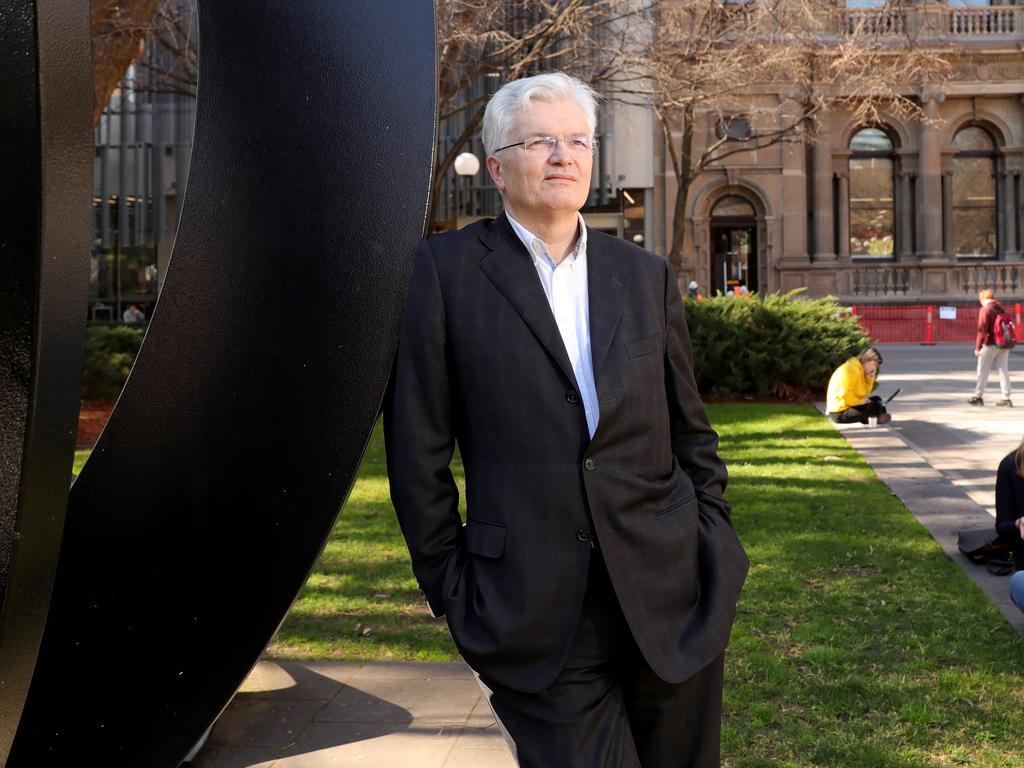
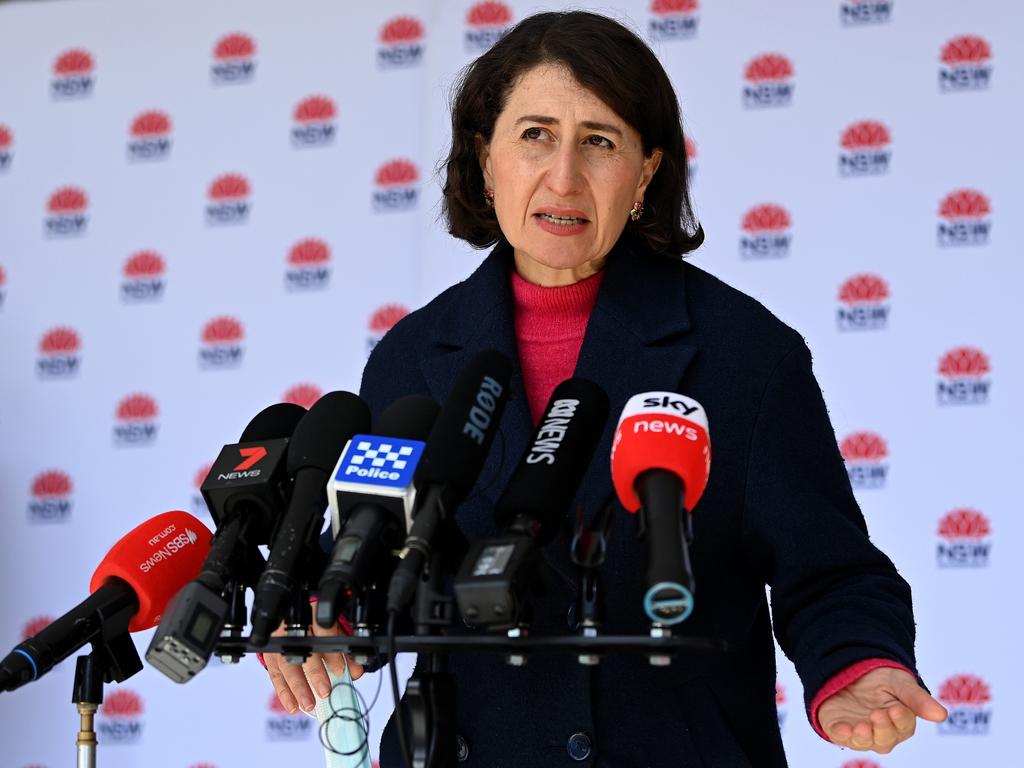
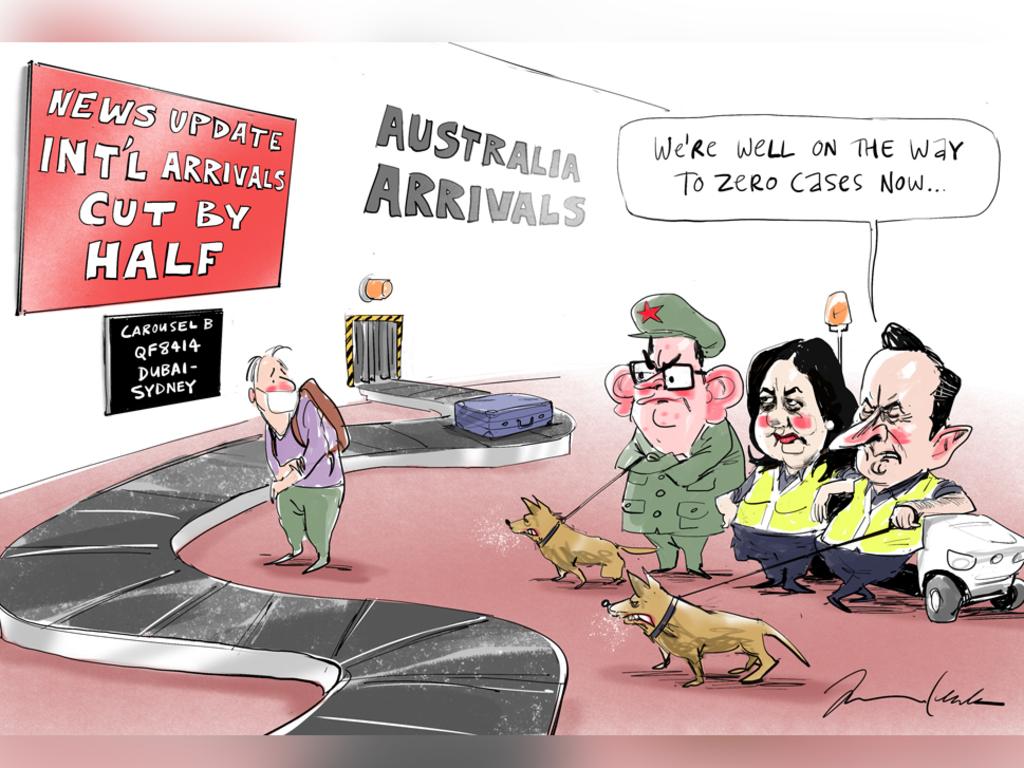
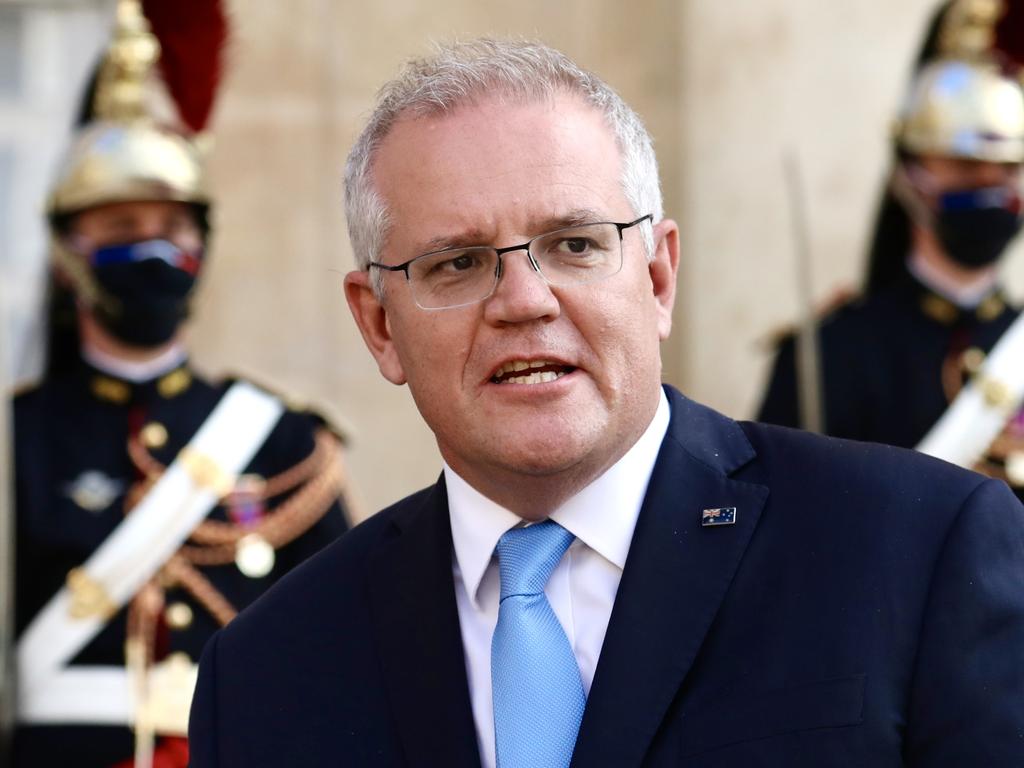


ABC viewers love the confirmation bias they get when Media Watch tells them vaccine hesitancy is being spread by right-wing “fake news” sources.